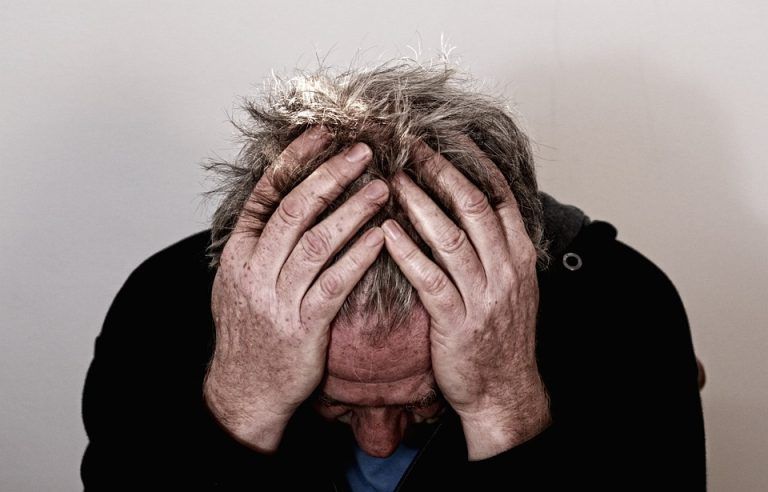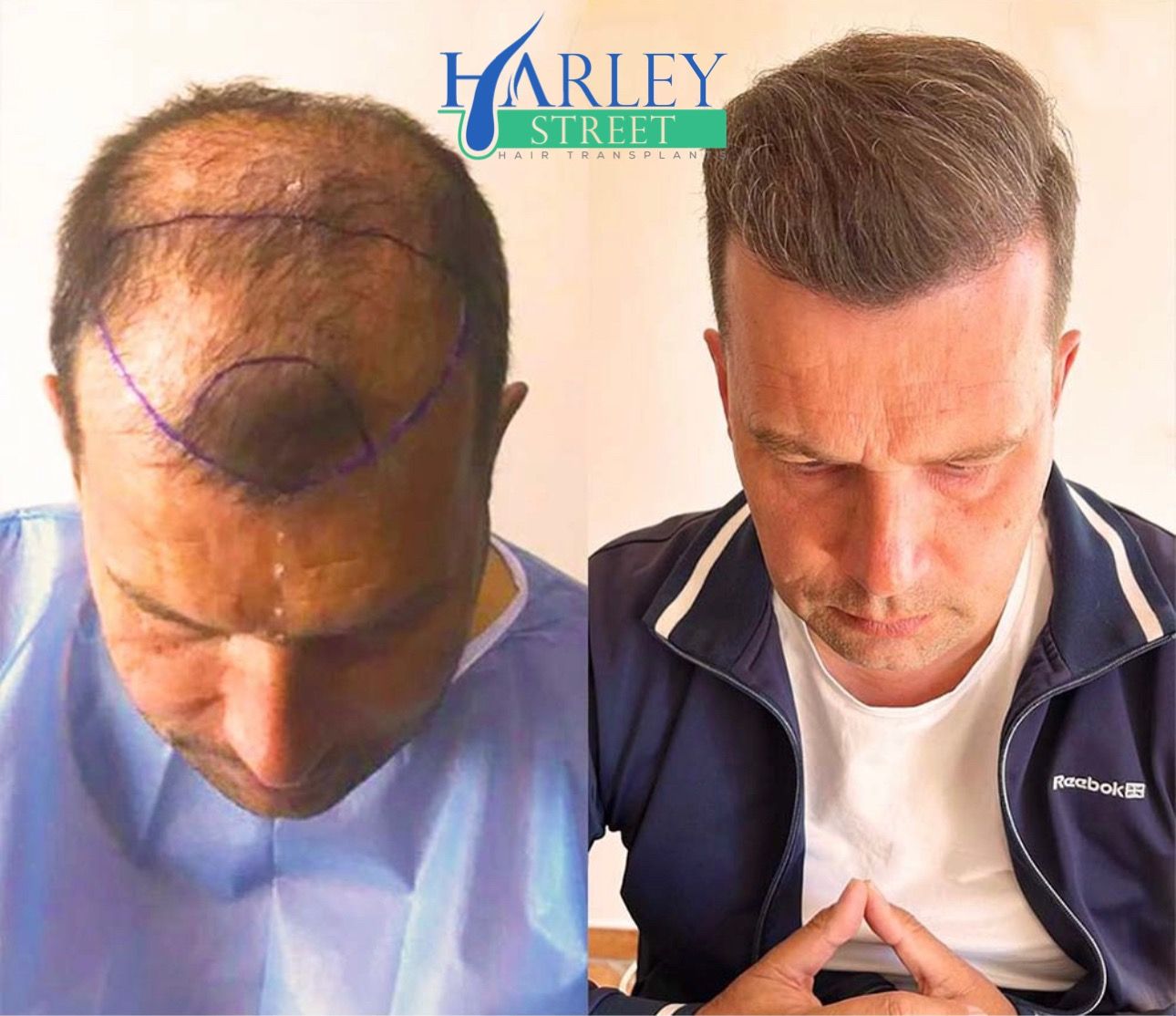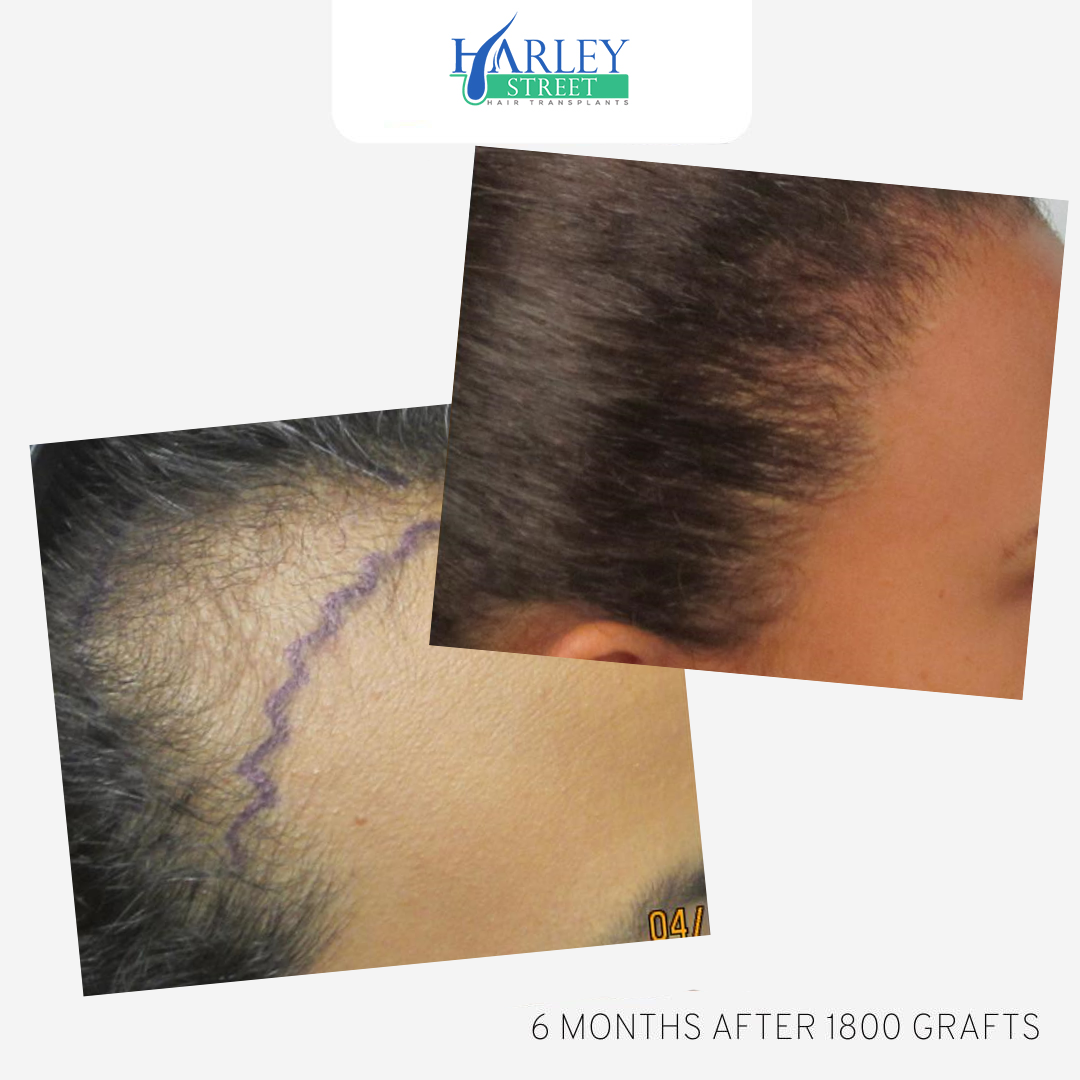Blog Details
HOME > BLOG DETAILS

It’s no secret that anti-depressants can sometimes come with a number of side effects. Whilst Sertraline (Zoloft) is a powerful SSRI anti-depressant that can help you begin to feel like yourself again, it can also cause hair loss in some patients. At Harley Street Hair Transplant Clinics, we’re here to help if you suffer with hair loss from antidepressant medications.
On this page you’ll find everything you need to know about antidepressant induced hair loss, and how to manage and treat it
WHAT IS SERTRALINE?

Sertraline is an anti-depressant medication prescribed by doctors to alleviate symptoms of depression.It is a powerful SSRI that prevents the re-uptake of a chemical called serotonin across the synapses in your brain. This helps to increase the amount of serotonin available in your brain, increasing traffic across your neural pathways, resulting in an elevated mood.
Selective Serotonin Reuptake Inhibitors are used to treat a range of psychological conditions, such as: obsessive compulsive disorder (OCD), Unipolar Depression, Post-Traumatic Stress Disorder (PTSD).
Whilst Sertraline treatment does seem to be effective at helping alleviate symptoms of chronic and severe depression, recent studies (along with anecdotal evidence) suggests one side effect to be hair loss. Although rare, it is always wise to consider the side effects of anything you decide to place in your body.
HOW DOES SERTRALINE RELATED HAIR LOSS OCCUR?
Of course, Sertraline and other antidepressants are considered to be a safe and effective medication. They have to pass rigorous testing methods across the world. Despite being largely safe, in rare cases it can cause hair loss.
In a study conducted by Kivrak et. al (2015), an extended analysis of a 21 year old patient showed Sertraline induced hair loss to be an unusual, yet problematic, side effect. This research found Sertraline to cause hair loss in the patient, but were unsure as to why this occurred. They also found that once the patient switched anti-depressants, symptoms of alopecia ceased and hair began to regrow. So what does this mean?
First of all, this study would suggest that anti-depressants typically produce temporary hair loss. This means that once Sertraline use has stopped, your hair loss symptoms will also stop. From here, your hair should, slowly but surely, begin to grow again.
Another issue raised by the study is that there is no definitive research linking antidepressants by causality. Research by Mclean and Harrison (2009) concluded that there are several different explanations for hair loss during SSRI use. Whilst serotonin reuptake inhibitors may well cause hair loss, it could also be equally likely that patients may have pre-existing health conditions, or take other medications, that have a much stronger influence on hair loss. In any case, hair loss can be a stressful time in any man, or woman’s life, regardless of how it occurs.
Antidepressants and Telogen Effluvium
In cases of Sertraline, or Venlafaxine, induced hair loss, antidepressants cause hair loss by reacting with a person’s telogen effluvium. Telogen Effluvium is a process related to the shedding of hair follicles on the scalp and body.
It is believed that some antidepressants cause hair loss by elongated a person’s “telogen phase”, or resting stage. This is the phase after you have shedded your hair, and your follicle is in a state of rest and recuperation.
Predictably, the elongation of this period prevents new hair growth on your head, giving the impression of thinning hair. Telogen effluvium is categorised as having the excessive, non-scarring hair shedding. In this particular instance, it would be caused by medication use.
Can other antidepressants cause hair loss?
Iranian Journal of Psychiatry and Clinical Psychology Yes, it is not uncommon for this to be a rare side effect of antidepressant medication. The have stated that people can lose hair taking Prozac (fluoxitine) or Effexor XR (venlafaxine)
Similarly, the Journal of Clinical Psychology have also suggested the same side effects may occur with Celexa (Citilopram).
Whilst antidepressant related hair loss may be concerning, it is important to remember that this is almost certainly a solvable issue. Hair growth can continue if you change medication.
Peer reviewed studies are being conducted by professionals on this issue every day, with many companies developing other SSRI’s that minimise hair loss. In a recent study conducted by the Institute of Clinical Pharmacology (2018), Paroxetine showed to produce the lowest risk of hair loss when compared to 9 other SSRI’s.
WHAT SYMPTOMS MAY BE EXPERIENCED?
There are many symptoms you should watch out for if you think you may be suffering with SSRI-induced hair loss. The key factors to watch out for are:
- thinning hair – you may experience hair thinning on the top (crown) area of your head.
- bald patches – this may present itself in patchy bald spots (around the size of a small coin) anywhere on the head
- increased hair shedding – this is where more hair than usual will shed from your head.














